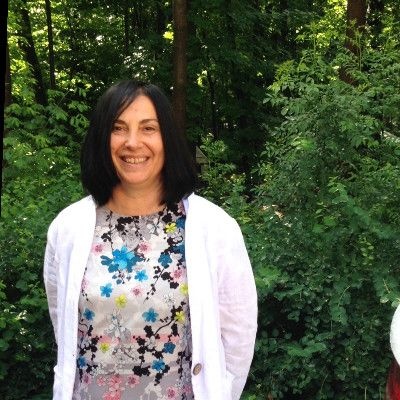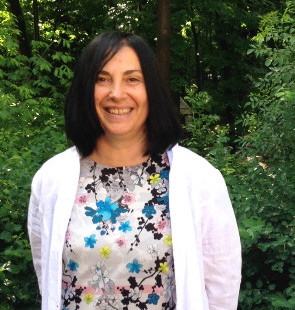Empowering Through Knowledge

By Dr. Dimitrina Trendafilova, IB Chemistry teacher at UWC Adriatic
Dr. Dimitrina Trendafilova teaches IB Chemistry at UWC Adriatic in Duino, Italy. A former faculty member at UWC SEA, UWC Mostar and UWC Dilijan, she recently reached out to UWC International with a story about one of her students from South Sudan and the power of education for change.
It was my first lesson after the holidays with the second-year students in  one of the IB Higher Level Chemistry classes and I was eager to know how they spent the summer holiday. They all looked grown-up. I asked them to write down their personal “mission statement” and to discuss in small groups which talent or skill they discovered in themselves during the last year. The students then shared their reflections with the whole class. I always find these moments very emotional as students open up and talk freely about their experiences. I was listening to them and my sense of pride was increasing with each story. I felt I was participating in their lives; I was contributing to their growth.
one of the IB Higher Level Chemistry classes and I was eager to know how they spent the summer holiday. They all looked grown-up. I asked them to write down their personal “mission statement” and to discuss in small groups which talent or skill they discovered in themselves during the last year. The students then shared their reflections with the whole class. I always find these moments very emotional as students open up and talk freely about their experiences. I was listening to them and my sense of pride was increasing with each story. I felt I was participating in their lives; I was contributing to their growth.
One story in particular deserves to be shared with the entire UWC community. When Peter (from South Sudan) returned home in May, he found his father under house arrest, leaving the whole family without means to live, as he was the sole breadwinner. In a few days, Peter came up with a solution. He went to his former school and asked whether he could help in the chemistry lab. The Head of the school asked Peter what he learnt in college during his first year and talking to him he realized that this boy really had a lot to offer - and hired him for 3 months with a small salary. The money Peter earned was the family’s entire income.
Just a year ago, Peter arrived in Chemistry class with non-existent laboratory skills, but his eyes were full of curiosity. He proved to be a quick learner and even decided to do his IB Extended Essay in the subject. He shared with me that there is a pressing issue in his country – people (including children) drink homemade alcoholic drinks without any knowledge of their alcohol content. We both agreed that this is a topic worth investigating.
The method Peter chose required the use of a spectrometer, and he became quite an “expert” in using it. By the end of the academic year Peter was so confident that he managed to explain the principles of spectrometry to the teachers in his former school. He even went to the university lab (after obtaining permission from the country’s government) to synthesize one of the homemade alcohols, and raised the interest of the researchers there. The widespread use of homemade drinks and the health issues this creates prompted the government of South Sudan to take measures and ban the production of many such drinks.
Peter already has a dream – to bring at least one spectrometer to South Sudan so that he can show how the apparatus works. I cannot think of a better example of empowering through education. I am convinced that our students will make a change if supported and inspired.
This is how I see my role in the classroom – to help students connect the knowledge they acquire with the potential for action in the outside world. Scientific knowledge is a powerful tool when applied for a greater good in society. I feel empowered too – the diversity in my classroom is a catalyst which offers another way of teaching chemistry.
